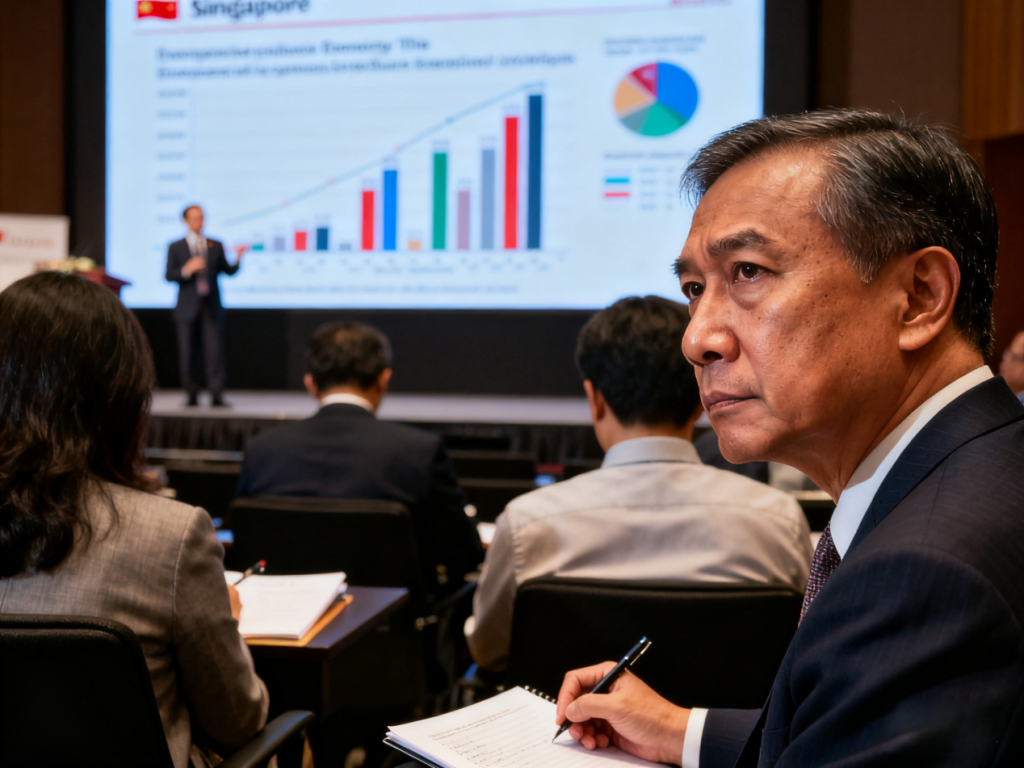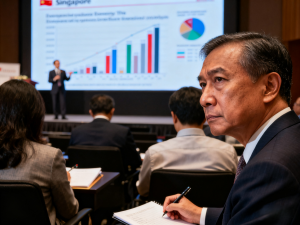
Introduction
Singapore, a small island nation with a population of just over 5 million, has positioned itself as a major player in the global economy. Known for its robust economy and business-friendly environment, Singapore continues to attract foreign investment and talent, making it one of the wealthiest nations in Asia.
Economic Strengths
Singapore’s economy is built on key sectors such as finance, trade, and manufacturing. As one of the world’s top financial centers, the country has a highly developed banking sector, attracting multinational corporations and global investors. Additionally, Singapore’s strategic location along international trade routes positions it as a vital hub for global commerce.
Adapting to Global Trends
The country has embraced digitalization and innovation, with sectors like fintech, artificial intelligence, and biotechnology becoming increasingly important. In particular, Singapore’s fintech ecosystem has garnered attention worldwide, attracting investment and fostering innovation in digital payment solutions, blockchain technology, and financial services.

Challenges and Opportunities
Despite its success, Singapore faces challenges such as an aging population, rising costs, and global competition. The government’s policies have been focused on tackling these issues through initiatives to enhance productivity, invest in innovation, and develop the workforce. Additionally, Singapore continues to strengthen its ties with global partners, particularly in Southeast Asia and beyond.
Conclusion
Singapore’s economic future looks bright as the country continues to adapt to the rapidly changing global economy. By leveraging its strengths and embracing new opportunities, Singapore remains an economic powerhouse in the heart of Asia.



